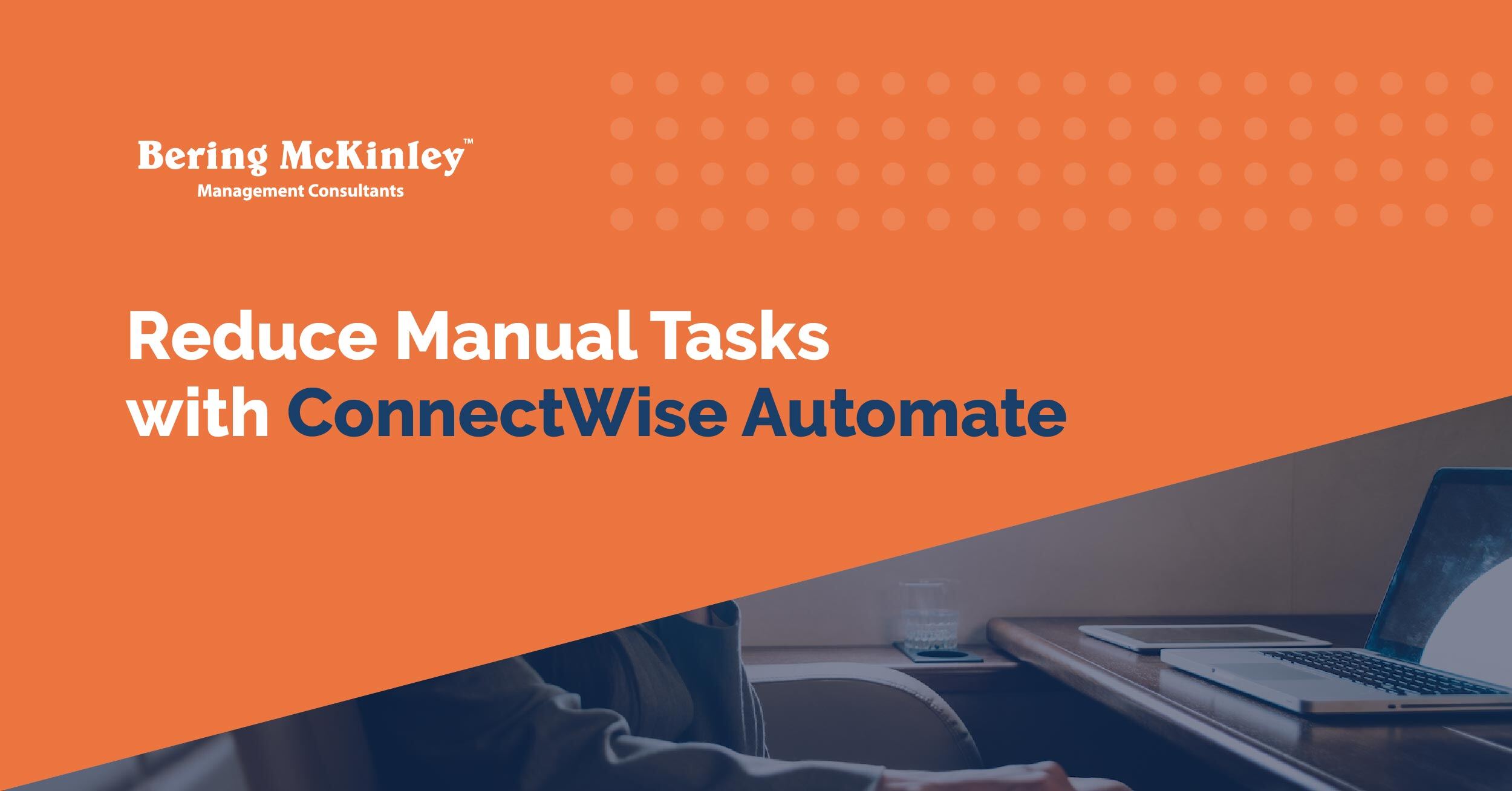How Business Performance Analysis Drives Effective Budgeting and Forecasting
Business success is often dictated by how well an organization understands its data and uses it to make informed decisions. For Managed Service...
4 min read
 Josh Peterson
:
Updated on June 2, 2025
Josh Peterson
:
Updated on June 2, 2025

Running a Managed Service Provider (MSP) business can feel like spinning plates—juggling client needs, managing a team, and keeping tech stacks up-to-date. But how do MSP owners know if their business is truly thriving and on course for long-term growth? The answer lies in business performance assessments.
Business performance assessments go beyond just revenue tracking. They provide a holistic view of an MSP’s operations, identifying strengths, uncovering weaknesses, and aligning strategic goals with day-to-day execution. This guide will break down everything MSP owners need to know about business performance assessments, from why they're essential to how you can improve your outcomes with strategic planning, tracking, and expert advice.
Simply put, you can’t improve what you don’t measure. Assessing your business performance not only ensures your MSP is running efficiently today but also helps you prepare for tomorrow. By conducting regular assessments, you can:
Whether you’re scaling your MSP or trying to stabilize it, a detailed performance assessment is your starting point.
Key Takeaway: Business performance assessments are critical for MSPs not only to identify inefficiencies but also to align business goals, drive growth, and create a roadmap for success.
Great performance starts with a clear vision. Strategic planning is the backbone of any successful MSP. But what does that look like for performance assessments?
By setting up an actionable strategic plan, your business performance assessments will have a stronger framework for comparison.
Key Takeaway: Strategic planning is essential for effective performance assessments. It involves setting clear and focused goals, prioritizing profitable services, and aligning teams towards the shared objectives.
Setting goals is one thing; implementing them is another challenge entirely. Here’s how MSP owners can translate their big-picture strategy into measurable, actionable targets:
Execution isn’t just about actions—it’s about consistent management and ongoing refinement.
Performance metrics are the bread and butter of any business assessment. MSPs should focus on both operational KPIs and long-term growth indicators. Here are some key metrics to track:
Tools like ConnectWise, BrightGauge, and HubSpot can centralize these metrics, making it easier to evaluate performance and build informed strategies.
Defining "business performance" for your MSP means tailoring it to your operations and goals. Start by asking yourself:
Defining your success gives context to your performance assessments, ensuring your growth efforts align with what truly matters for your MSP.
A well-executed business performance analysis doesn’t just provide a snapshot of where your MSP stands today—it helps you forecast the future. By committing to regular assessments, you can:
Strategic growth is all about using your past and present data to chart a smarter future. Without regular assessments, you’re flying blind.
The Influence of Organizational Culture on Business Performance and Strategic Planning
Your team’s morale, collaboration, and goals directly impact business success. Organizational culture often gets overlooked in performance assessments but plays a vital role in execution. Here’s why it matters:
Your internal culture isn't just "soft stuff"—it impacts the metrics that matter most.
Achieving stronger business performance takes more than good intentions—it takes expert guidance, consistent tracking, and actionable strategies.
At Bering McKinley, we specialize in empowering MSP owners with the tools, insights, and systems they need to see real results. Whether you’re struggling to hit growth targets, streamline operations, or define your company culture, our consultants will help you build a performance-driven business that thrives.

Business success is often dictated by how well an organization understands its data and uses it to make informed decisions. For Managed Service...

Managed Service Providers (MSPs) are all about efficiency. But let's face it—manual tasks like patching software, running routine system checks, and...

Increasing productivity is a top priority for any business leader, but it’s also one of the toughest challenges to tackle. Have you ever found your...